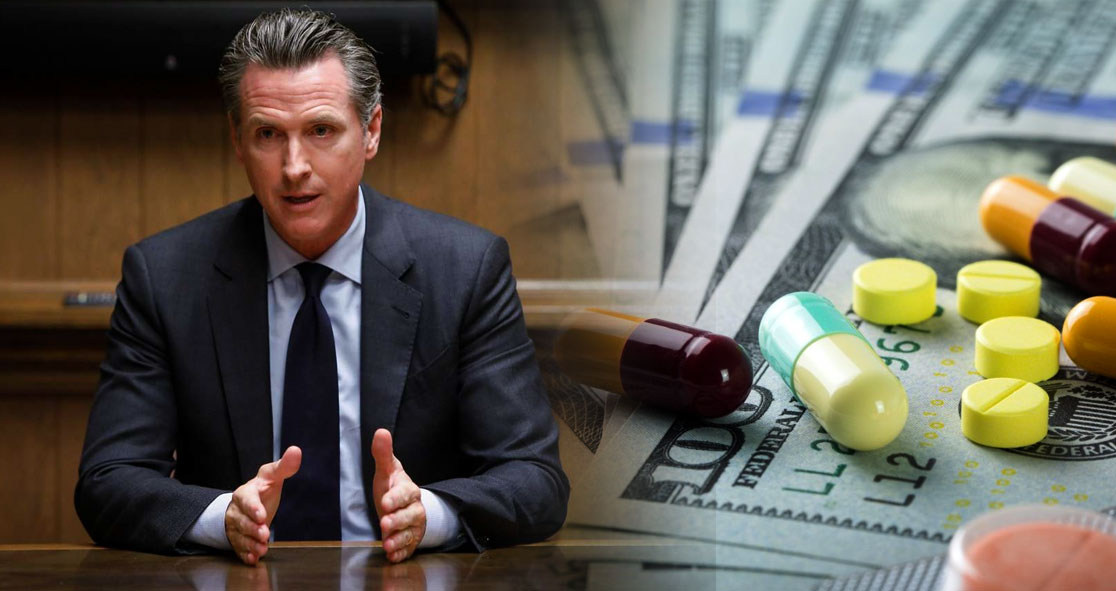In January 2019, California Governor Gavin Newsom took the office and promised state residents to lower prescription drug costs. However, that promise has failed to get off the ground or has not produced the hefty savings, according to The Sentinel.
On his inauguration day in the same month, Newsom said, “There are powerful forces arrayed against us — not just politicians in Washington, but drug companies that gouge Californians with sky-high prices. Here in California, we have the power to stand up to them, and we will.”
He also vowed California would save “hundreds of millions of dollars right away, potentially billions,” by using the state’s massive purchasing power to negotiate lower drug prices for the state counties, its businesses, as well as other states. However, only a few counties have participated in the program, with savings falling far short.
The governor’s third initiative requires California to manufacture generic drugs, but it has not gotten off the ground. Yet, he argues that the state’s initiatives are leading the nation and that realizing cost savings could take years.
Three years later, California has seen some modest savings, but nothing near what Newsom predicted.
Jane Horvath, an experienced health policy analyst and policymaker, said, “The state was already doing it. They’ve sort of opened it up to counties to participate.”
So far, Los Angeles, Orange, and Sacramento counties have saved money, but it is unclear how much. The Newsome office and county officials said the state’s pricing agreements have saved money. They have given different figures and time frames.
According to the state Department of General Services, the three counties saved about $500,000 between January 2021 and September 2021. However, last month, Sacramento reported saving nearly $700,000 on drugs for its jails “in a little over a year.”
Other states have been forming groups for years to get discounts on prescription drugs.
Trevor Douglass, Pharmacy Director of Oregon Health Authority, has been running a drug-purchasing consortium with Washington, which has saved both states at least $142 million since 2016. He said he is in talks with Delaware and Wisconsin but has not heard from California.
Douglass said, “I would be happy to hear from California tomorrow. I would have been happy to hear from them yesterday.”
California State Senate Richard Pan (D-Sacramento) authored the 2020 generic drug bill and said the state must also develop the ability to manufacture its own generic drugs.
He said, “You can’t just stand up a factory overnight and we have a learning curve, so right now we have to find a generic manufacturer that wants to play ball with California. But I hope in the long run we will stand up our own manufacturing capacity so we’re not constrained by a company willing to work with us.”























